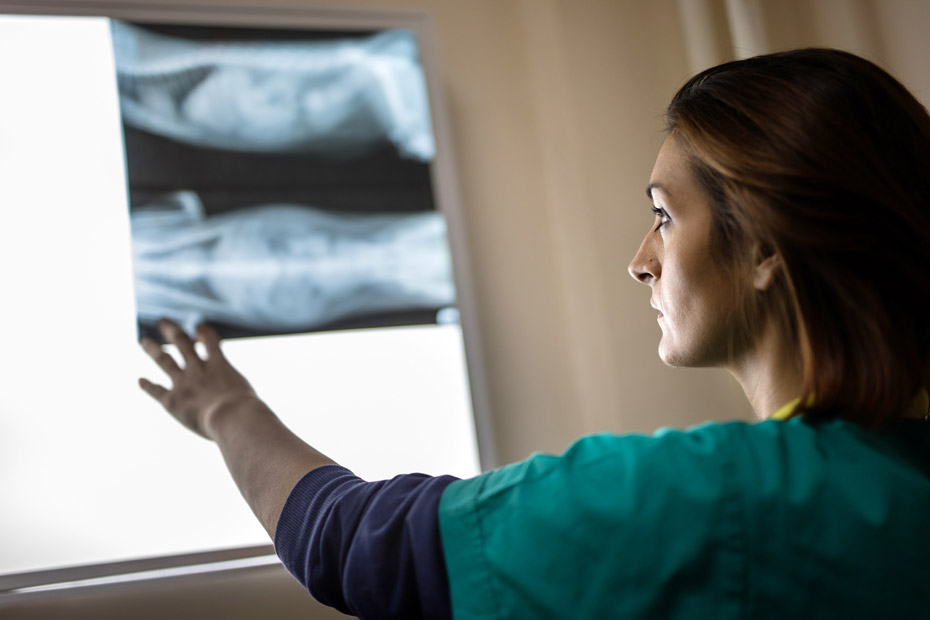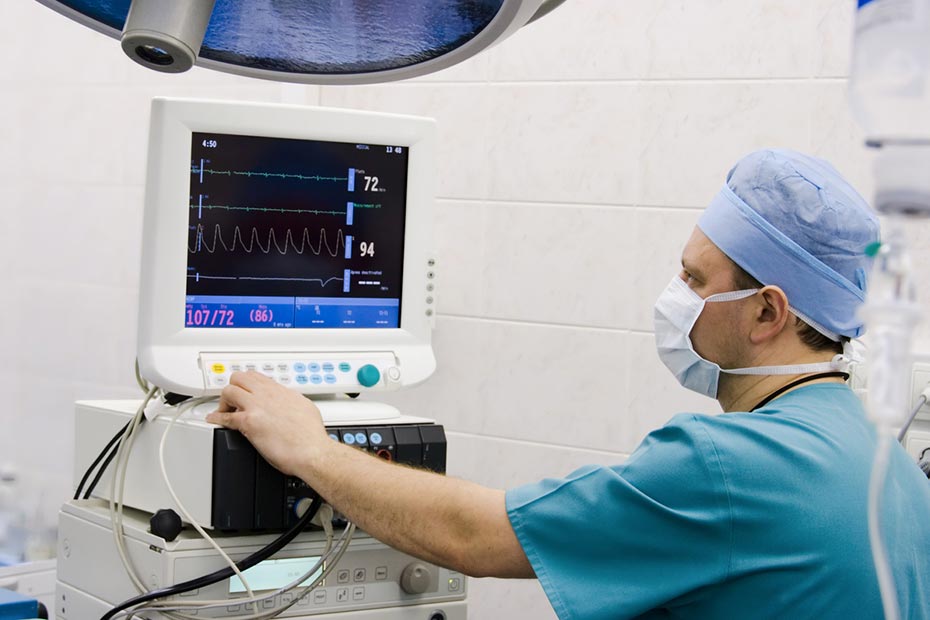If you’re preparing to apply for residency programs, keep reading for the answers to four common questions about research experience.
Q: What qualifies as research experience?
A: Research experience refers to any professional or academic research activity related to your field.
It can include, “gathering information from research papers for background information, helping out in the research protocol, helping to write a paper, reviewing literature, or even presenting the research information,” says Dr. Andre Ene, a recent med school graduate and PGY2 Pathology Resident from Hamilton, Ontario. “As long as your name appears on the research paper, that qualifies as research.”
Q: How important is research experience for residency applications?
A: It depends on your career interests and goals, as well as which programs you’re applying to.
“Research isn’t necessary to match into a residency,” Ene says, but it can give you a leg up on the competition, particularly if you’re applying to a well-renowned institution or going into a highly competitive field.
“The more competitive residencies (like dermatology, neurosurgery, plastic surgery, ophthalmology, urology, and ENT) like to see that you have more than just great scores,” Ene says. “They want to see that you’re actively participating in the field and working to expand your knowledge base.”
Research experience also gives you a chance to bond with a mentor or professor, which may result in a stronger letter of recommendation for your application.
Q: How do you get research experience?
A: Start by understanding your educational goals. Do you know which specialty you’re interested in? When it comes to experience, do you want clinical observation time, for example, or would you rather help publish a paper?
Once you review your schedule and narrow down your interests, reach out to your school’s office of student affairs to ask about formal research programs.
If your school doesn’t offer any, you may have to set up your own research program by connecting with professors. “Asking some of your faculty whether they are conducting any research and if they would be willing to take on a student is the best way to get involved,” Ene says.
You could also look up your school’s faculty based on their current research projects, he suggests, then email them to ask if they’re accepting students for research assistance.
If you can’t find a faculty member right away who’s willing to work with you, don’t give up. Try researching local internships, attending a virtual conference to network, or emailing your school’s alumni to ask for advice or connections.
Q: Can research experience help during residency?
A: Research experience is a good way to further your development, both before and during residency.
Continuing with research experience during a residency program may help enhance your resume long-term. “Fellowships look into that aspect of your CV,” Ene says. “And even prospective employers will look at your research throughout your medical career as favorable.”
Plus, doing research gives you an opportunity to improve your analytical skills, deepen your medical knowledge, and collaborate with peers and mentors. It can also teach you other important professional skills, like managing multiple projects, problem-solving, and presenting in front of groups.
Setting yourself apart with research
Depending on your intended specialty, getting research experience before applying to residency may give you a competitive edge on your application. Plus, it’s a good way to get exposure to your field ahead of time. If you’re considering research, take some time to identify your interests and chat with a professor about your options.
Sources: 1. National Resident Matching Program, Data Release and Research Committee: Results of the 2018 NRMP Program Director Survey.
This article is intended as general information only and is not to be relied upon as constituting legal, financial or other professional advice. A professional advisor should be consulted regarding your specific situation. Information presented is believed to be factual and up-to-date but we do not guarantee its accuracy and it should not be regarded as a complete analysis of the subjects discussed. All expressions of opinion reflect the judgment of the authors as of the date of publication and are subject to change. No endorsement of any third parties or their advice, opinions, information, products or services is expressly given or implied by Royal Bank of Canada or any of its affiliates.



















